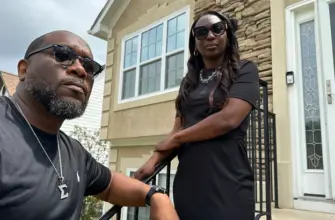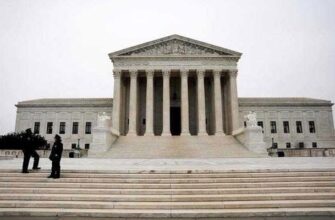A court decision to deny access to trial transcripts has sparked controversy over transparency and accountability in addressing historical grooming gang offenses.
The dispute centers around a request by Open Justice UK, an activist group dedicated to exposing systemic issues within the justice system. The group has been campaigning to release sentencing remarks and full court proceedings from abuse trials, arguing that withholding this information hinders understanding and prevents meaningful reform. “Crucial information” about these gangs is being concealed, they assert, impacting victims, researchers, and the general public.
Their most recent request sought access to transcripts from a 2016 trial at Bradford Crown Court involving twelve men convicted of sexually exploiting a teenage girl in Keighley. The perpetrators received lengthy sentences for what the court described as “terrible and heartless” abuse spanning several years, starting when the victim was just thirteen years old.
Adam Wren, founder of Open Justice UK, initially appealed to the court with the aim of fostering “accurate public discussion” and promoting “informed public awareness.” However, Judge Jonathan Rose rejected the request, stating that releasing the material would be “contrary to the public interest.” He expressed concern that using these transcripts in the broader public conversation surrounding similar cases could be exploited, particularly given ongoing accusations of widespread offending.
Wren criticized the decision as a form of censorship, emphasizing the importance of publicly available court proceedings. This sentiment was echoed recently when shadow Home Office minister Katie Lam MP shared excerpts from another abuse gang trial at Oxford Crown Court in the House of Commons. Wren sees this action as validation for the public interest element of releasing these transcripts, highlighting their relevance to political debate and a deeper understanding of group-based abuse.
A spokesperson for the judiciary maintains that transcript releases are handled on a case-by-case basis, subject to judicial discretion.
Wren elaborated on Open Justice UK’s efforts during an appearance on GB News:
“I am from the area where these crimes happened and it’s something I have always cared about.”
He explained that after realizing how costly obtaining transcripts could be—one victim was quoted £7,000 for a single transcript—the group launched a crowdfunding campaign which successfully raised £100,000. They have since mapped over 450 defendants across 90 trials, facing obstacles in obtaining records from several cases, including the Old Bailey.
Wren further explained:
“We submitted an application saying this information needs to be public because it has not been made public before… I’ve sought legal advice and had lawyers look at this and draft it with me. It was rejected on the grounds of public interest.”
Despite facing these hurdles, Open Justice UK has secured 11 sentencing remarks, with another 20 pending delivery. Wren noted that he has shared some of these documents with Members of Parliament and investigative journalists, while awaiting judicial review and redaction where necessary. The transcripts used by Katie Lam MP for her impactful speech in the House of Commons were among those provided.
Regarding this, Wren stated:
“Jess Phillips’ response was, ‘we don’t need the national inquiry because this information is already public’. However, some of the information Katie raised was from these transcripts, they have not been public before.”
Open Justice UK continues to advocate for greater transparency and access to court records, arguing that withholding such crucial information undermines efforts to understand and address these complex issues.




